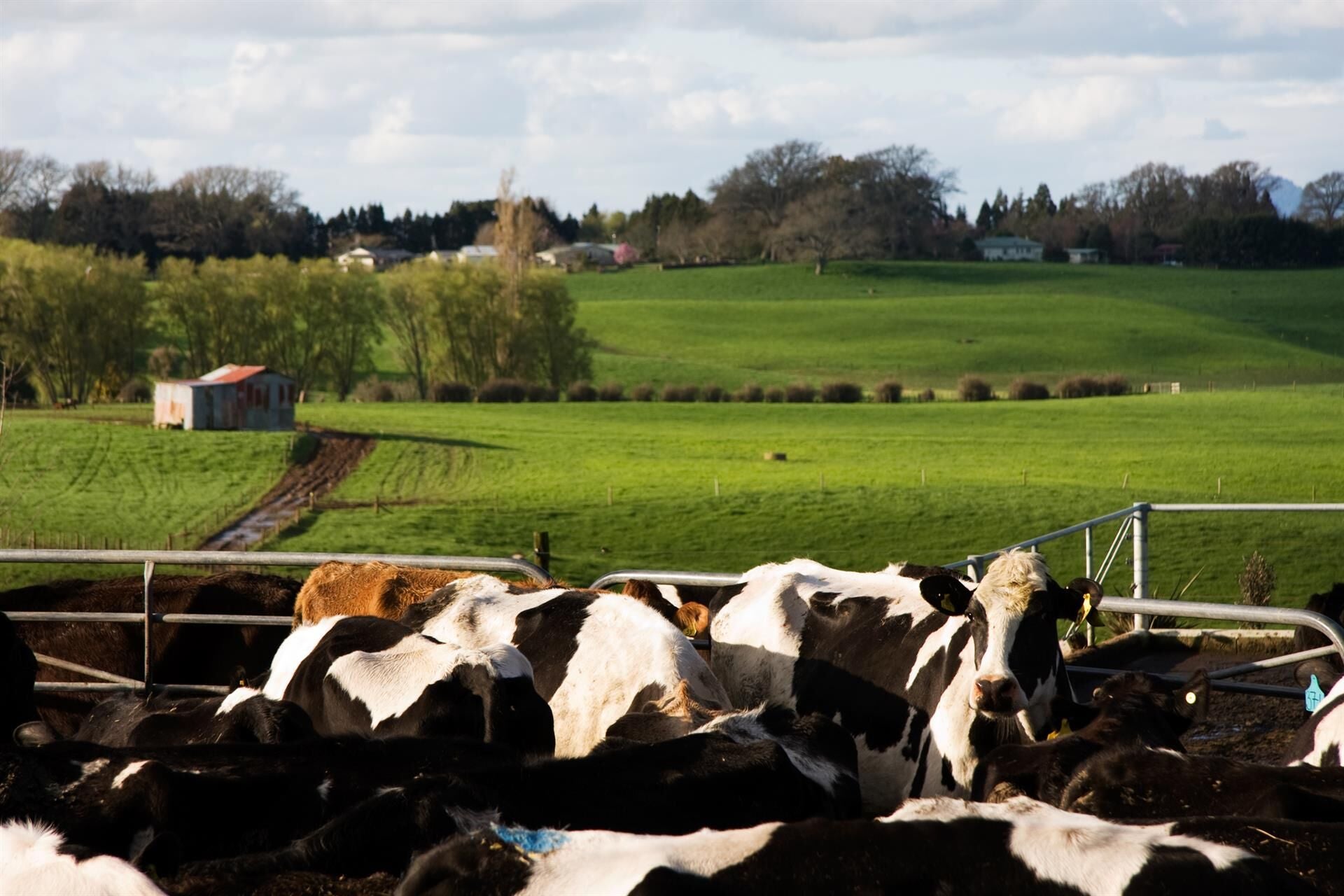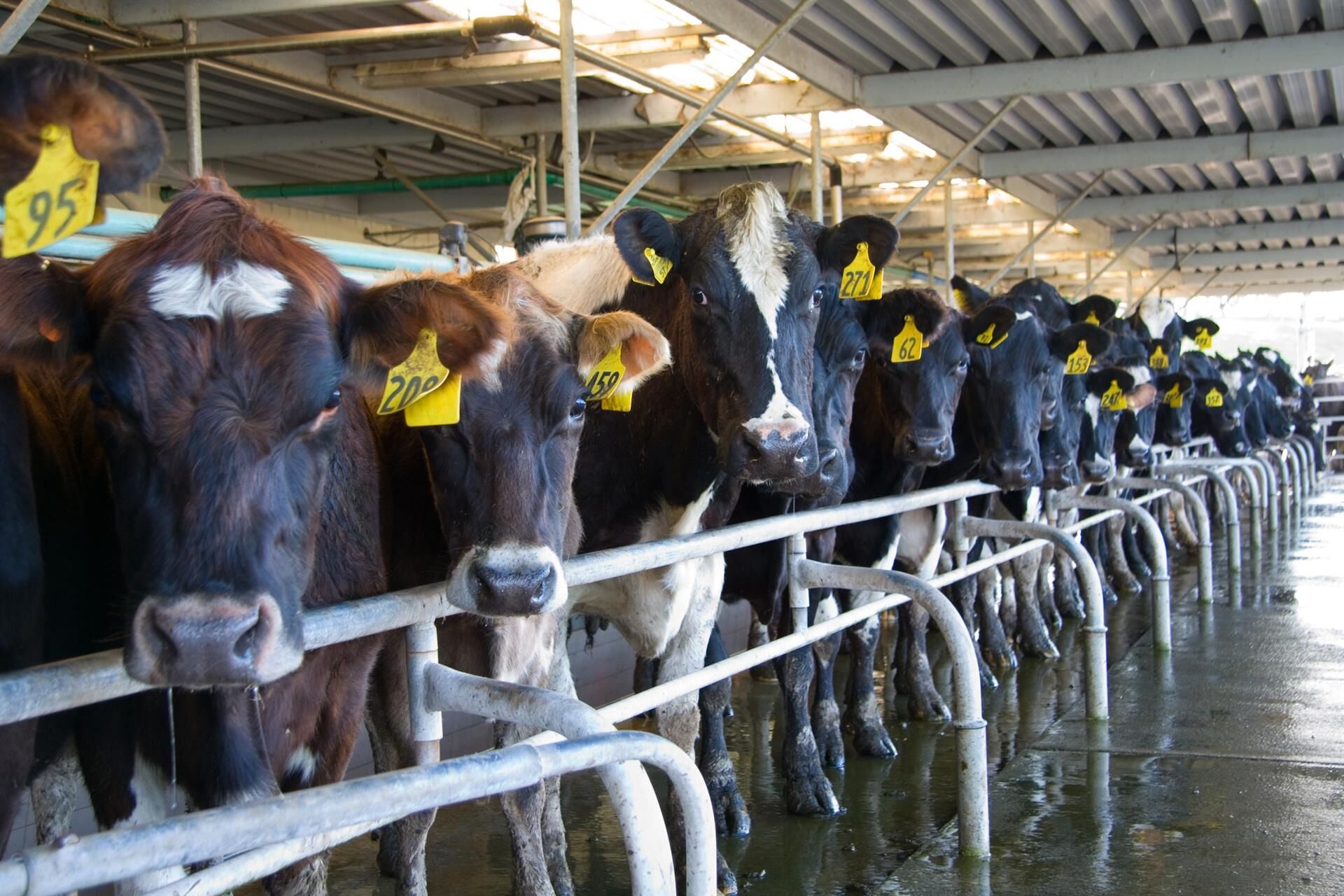Dairy prospects positive heading into new season.

Moving day in early June always brings a buzz of excitement through dairy farming regions as families move to new jobs and positions, taking up the next exciting opportunity in the industry they have committed much time, capital and energy to.
This year has brought its own challenges after the uncertainties Covid-19 delivered across the country, however approval to move people, stock and belongings was a welcome and practical move by the government.
The optimism of starting the new farming year in a new job or farm has also been boosted by the positive news Fonterra recently announced on its year to date performance.
The co-operative’s nine-month to date financial figures show a company that is making big strides to turning itself around, with debt shrunk by $1.7 billion, earnings before interest and tax at $1.1 billion or three times that of the same time last year. Meantime the 2019-2020 payout has been confirmed between $7.10 to $7.30 per kilogram of milk solids.
Those numbers show the country’s largest milk processor is in a far stronger and confident position than a year ago, and ready to face what remains an uncertain time ahead as the rest of the world struggles to deal with Covid-19.
Reflecting the wariness of the season ahead, farmers have been given a wide payout range, stretched between $5.40 per kilogram of milk solids to $6.90 per kilogram of milk solids.
Fonterra chief executive officer Miles Hurrell has said that the range reflects the challenges of trying to nail down the full year’s income in a world that is so uncertain.
However, looking through the “noise” of the Covid-19 crisis, New Zealand dairying continues to have a strong story to tell its overseas customers.
Global food customers, driven by consumer demand and Paris Accord commitments are seeking low carbon food sources.
New Zealand’s grass-fed, free-ranging cows represent the lowest carbon-emitting source of dairy protein in the world, even when shipping and drying is taken into account.
New Zealand’s grass-fed, free-ranging cows represent the lowest carbon-emitting source of dairy protein in the world, even when shipping and drying is taken into account.
Meantime, for farmers and farm buyers with strong equity positions, the opportunities to share in that future are many and varied, regardless of where in New Zealand they may choose to invest.
Bayleys Waikato general manager Mark Dawe and his team managed to get five dairy farm properties over the line unconditionally during the Covid-19 lockdown, along with several lifestyle and grazing properties.
He says interest in properties in the traditional dairying region remains strong and positive.
“Over the past year all the major banks have facilitated transactions, from our observations and experience they all remain focused on taking a realistic but open approach to farm deals.”
Mark and his team have taken an innovative approach to settle deals, including using a mortgage broker for the first time to help facilitate a recent deal.
“And in fact we could do with more farms on our books heading into the new farming year.”
Welcome rainfall has also arrived through most dairying regions by late May just in time to help with some early winter growth, and puts dairy businesses on stronger feed footing than a few weeks earlier.
Bayleys national director rural Duncan Ross says it is heartening to see despite the volatility within global commodity trading dairy prices have managed to sit reasonably steady over recent weeks.
“There is also a recognition within global markets that some aspects of New Zealand’s dairy supply make it particularly desirable. New Zealand is seen as a trusted supplier of high quality, grass-fed dairy protein, and buyers are prepared to pay a premium for that.”
The ability of New Zealand’s dairy industry to maintain its supply chain, and continuing to run processing and shipping through the pandemic has only boosted that reputation further as other countries’ processing plants have been devastated and shut down by disease outbreak.
“Looking to the future, the fundamentals of dairy farming as a food business look very sound. New Zealand is a proven supplier of high-quality protein to a growing global middle class that wants assurance around its source, safety and sustainability, and we deliver on all those aspects.
“Looking to the future, the fundamentals of dairy farming as a food business look very sound. New Zealand is a proven supplier of high-quality protein to a growing global middle class that wants assurance around its source, safety and sustainability, and we deliver on all those aspects.
“With relative payout stability over recent years and a refocusing of public perception on the strength the agri-sector provides the New Zealand economy, we expect renewed interest for investment in dairy from outside the sector.”
